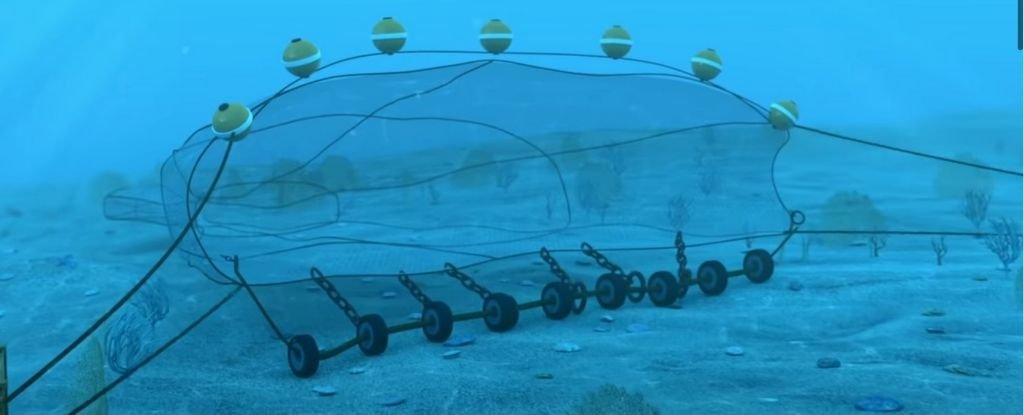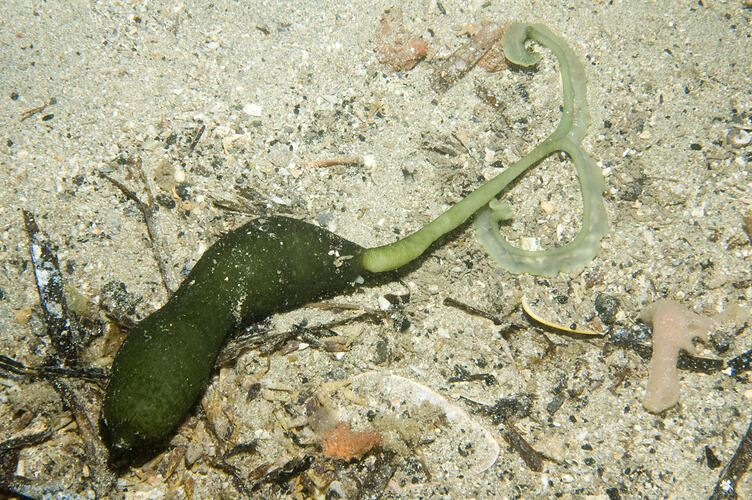Kosterhavet
About

Kosterhavet is a marine national park located on the west coast of Sweden on Norway’s border.
Approximately 400km2
Kosterhavet, the first maritime national park, was established in 2009.
The name of this park is "Sweden's highest marine biology."
It is made up of ecosystems and species that can only be found in Swedish seas.
Only Sweden is home to over 200 of the 6000 aquatic species found in Kosterhavet.
With over 100,000 visitors each year, this park is one of Sweden's most popular tourist spots.
Rules In Place
Kosterhavet's Rules on the Website are:
Do not bike or operate motor vehicles anywhere but on designated roads.
Do not dig up plants, pick oysters, remove or rearrange stones.
Do not pull up your boat or anchor closer than 50 metres from swimming beaches.
Run your boat motor at idling speed or use a motorised charger.
Do not fish with a bottom trawl and don’t use tackle that can damage bottoms in areas where bottom protection applies.
The effectiveness of current protection places are fairly well. The residents live among many plants and animals with respect. Tourists also may follow their rules for boat regulations, littering, and other motor vehicle rules. Fishing corporations need to be more considerate when out at sea.

Suggested model of Protection
The educational method of protection is one that I would use. Tourists and residents who are aware of the national park's value may be less likely to engage in delinquent behaviour within the park. Knowing how many species rely on the park will likely increase tourists' regard for the area they're visiting. I might also involve legal action, such as a fine for stealing natural resources.

Tour guides give a short, but informative presentation on how marine life is important to their country and how damaging it could affect the species living in it.
Hand out a pamphlet of the rules and lists of important species among the park.
Fine for speeding boats, stealing resources in and out of water, and a fine for overfishing.
Risks this park could face
Residents and tourists have had little effect on the park’s environment. However, Koster Fjord’s coral reef is at risk of extinction because of trawling and an increase in sedimentation from eutrophication.

Spatial Significane
This park contains Sweden's most species-rich bay. It’s home to 6000 marine species and to many rare and unique plants and animals. Koster Fjord is a trench in the sea with a water depth of 247m at the deepest point.
This aquatic location is also an archipelago. The Kosterhavet area has a population of 20,000 people. The extreme salinity of the sea can support 6000 undersea species, many of which are native to Sweden.

Examples of animals that live there

Green spoon worm

European giant file clam

The eye-coral
